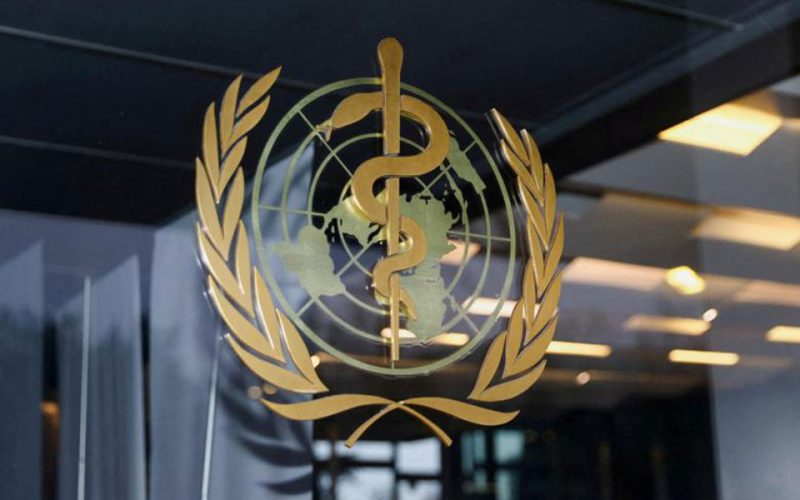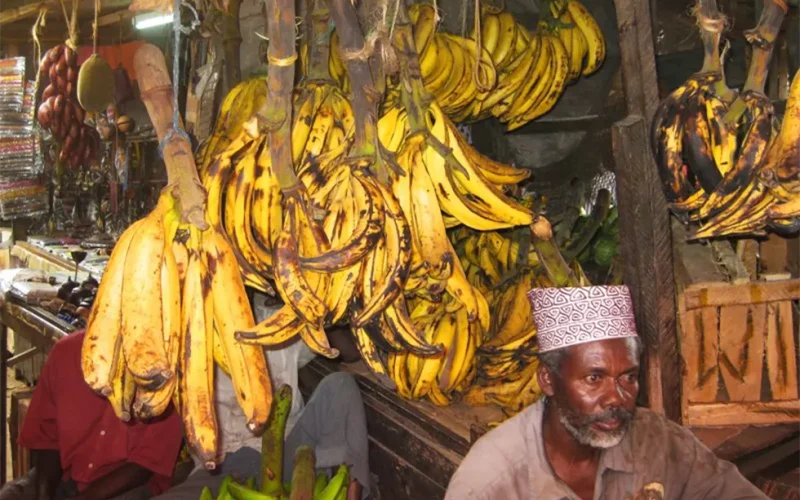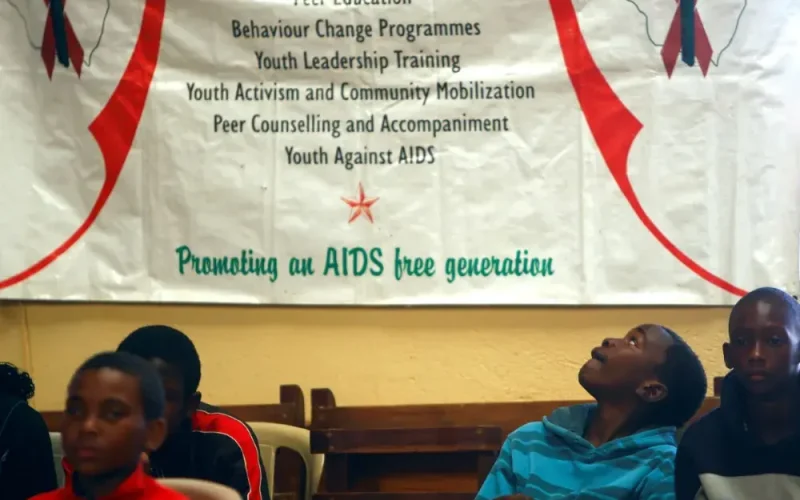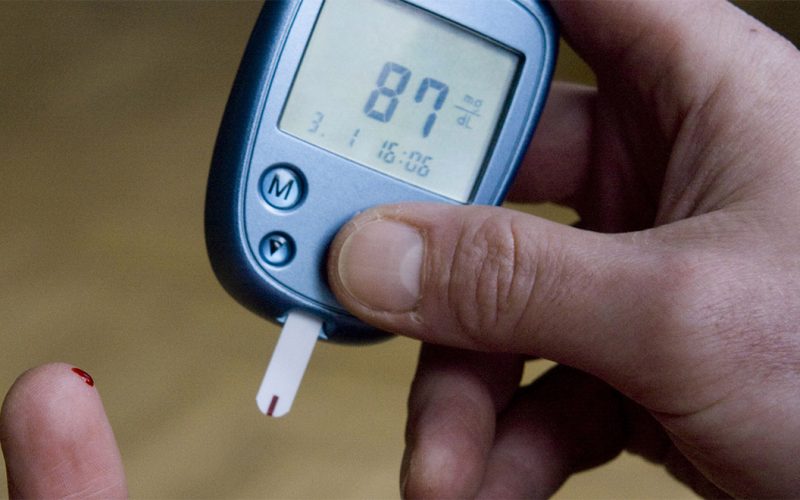
Sugar in baby food: why Nestlé needs to be held to account in Africa
NESTLÉ has been criticised for adding sugar and honey to infant milk and cereal products sold in many poorer countries. The Swiss food giant controls 20% of the baby food market, valued at nearly US$70 billion. Nadine Dreyer asked public health academic Susan Goldstein why extra sugar is particularly bad for babies and how multinationals targeting low-income countries with sweeter products get away with it. Why has Nestlé been criticised? Public Eye, a Swiss investigative organisation, sent samples of Nestlé baby-food products sold in Asia, Africa and Latin America to a Belgian laboratory for testing. The laboratory found in many…









